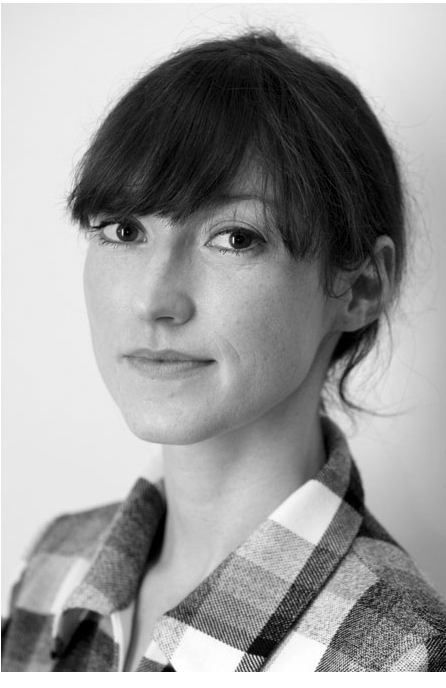

I’ve been waiting to review this book for a long time.
I was first introduced to “Wetlands” in the Fall 2012 semester, while enrolled in Women in German Literature and Film (an awesome class if you’re looking for a cool GE). It was the last book of the semester and the one I had looked forward to the most. It was relatively new, having been published in 2010, and the one my professor gave the most hype about.
I prefer to milk a book out for what it’s worth. If I read a book in five days time, I’ll get upset with myself because I’ll tell myself I didn’t take the time it really deserved.
I finished this book in two days. I couldn’t stop. I’ve probably never been more grossed out in my life. It was worth it.
“Wetlands,” German TV presenter Charlotte Roche’s debut novel, is about 18-year-old Helen Memel’s stay in the hospital as she undergoes surgery for an anal fissure. Helen’s parents divorced several years prior to the start of the book and she sees her hospital stay as the perfect opportunity and occasion to have them reunite.
I’m sure it’s little shock to anyone that a book about a girl who literally tears her anus open because she was clumsy when she went to shave it caused a huge stir when it was released. But trust me when I say it doesn’t matter the kind of stomach you have for graphic detail; everyone should read this book.
Among all of the books I have had to read for my German Studies minor (a lot), this is by far my absolute favorite by a large margin. It’s definitely one of my favorite books within the last five years, maybe even one of the best I’ve ever read.
There’s been a lot of controversy surrounding the book. Conservative-minded readers have slammed the book for being too graphic, some readers have slammed Roche for being gratuitous in her grossness and some feminist readers have discarded it as not having that much of an impact in the third-wave feminist movement.
I completely disagree.
That’s something I will tell you right now; if you aren’t one for feminist literature, don’t bother picking this one up. I’d go as far to say this is one of the third wave’s most defining novels. It isn’t much of a stretch to laud female sexuality and make the claim that women taking complete ownership of their sexual identity is revolutionary. It isn’t much of a stretch either to say the female body is more than just an extension of a man’s sexual desire.
But, I do believe no one else has ever been as honest and open about the female body since Roche. Not even biology textbooks.
And that’s what is most rewarding about Roche’s novel. It’s so, so brutally honest. From a more moderate stand point, Helen is pretty gross. She talks extensively about shaving her anal hair, eating her many bodily excretions as a means of “recycling” them and about how she abhors personal hygiene. But Roche doesn’t become as graphic as a writer can be for the sake of grossing you out. She’s gross because — let’s face it — all human bodies are “gross.”
While female sexuality has been acknowledged in a public setting more in this past decade, we as a society still struggle to be more open and honest about the normal biological processes our body goes through. Helen’s account encourages openness with the normal processes of the human body, and that hiding these things can be unnecessarily stressful and tedious.
On top of that, it’s not as if Helen is defined by a clear outline of what a sexual human being is like. Her character is so well-developed with depth until the last pages of the book. She’s a special character within the feminist literary movement, and her story is one feminist scholars can’t afford to pass up.
